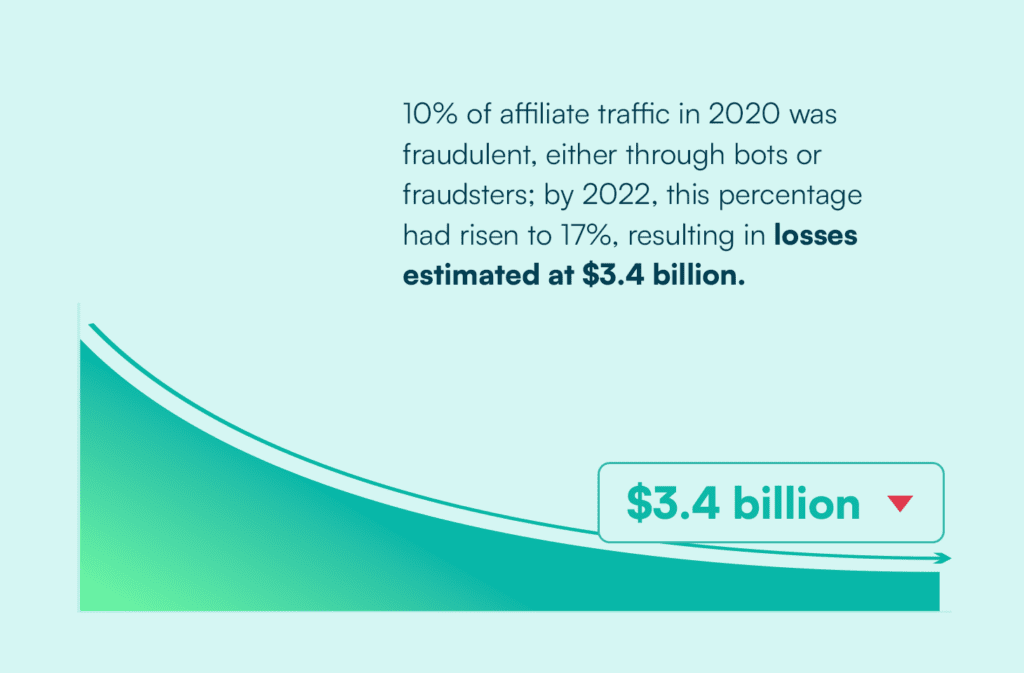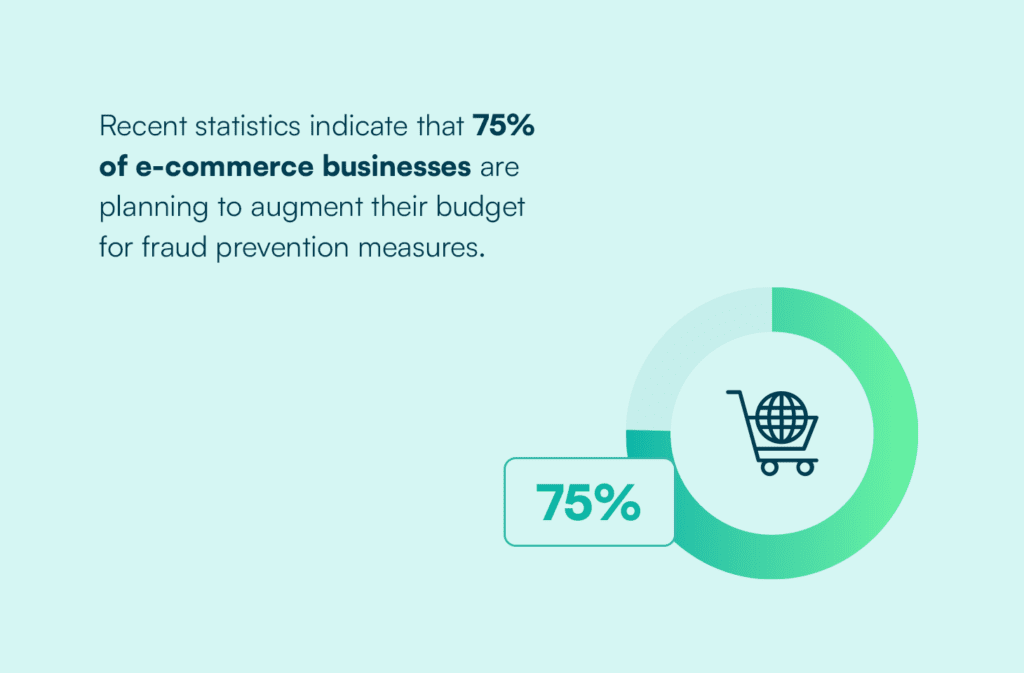In the e-commerce environment, which is changing daily, the growth of financial fraud is a critical issue companies face. E-Commerce Fraud Protection Tactics come into rescue when you are working online. With the advent of the digital age came convenience and endless online opportunities, but cybercriminals now have the broadest possible spaces to operate in. While people are saddled with personal data, malicious actors discover that it becomes easier and more accessible for them to find weak spots. Thus, robust fraud prevention policies are necessary and valuable for companies concerned about their and customers’ safety.
The scale of the problem is not to be underestimated, with e-Commerce companies estimated to lose $48 billion to fraud each year and 16.7 million people falling victim to identity theft, the urgency for stringent security measures is more pronounced than ever.
Understanding E-Commerce Fraud.
E-commerce fraud, or payment fraud, involves unauthorized interception of online transactions to derive financial or personal gains. This criminal activity can result in direct financial losses for both consumers and businesses and may involve complex schemes like identity theft, where fraudsters impersonate a legitimate customer to conduct unauthorized transactions.
As e-commerce continues to grow, with sales projected to exceed $5.55 trillion in 2022, the opportunities for cybercriminals to exploit have similarly expanded, making the need for effective fraud prevention strategies more critical than ever.
Top 5 E-Commerce Fraud Types and How to Prevent Them.
Payment Fraud (Identity Theft): Payment fraud, commonly known as identity theft, accounts for a significant portion of e-commerce fraud incidents. In this type of fraud, cybercriminals obtain personal or financial information, such as credit card details, email accounts, or user credentials, to impersonate legitimate customers. By exploiting stolen information, fraudsters initiate unauthorized transactions, create fake accounts, and manipulate website traffic, posing substantial risks to businesses and consumers alike.
Friendly Fraud: Friendly fraud occurs when customers make legitimate purchases from e-commerce websites but subsequently dispute the transactions with their financial institutions, resulting in chargebacks. Fraudulent chargeback claims often involve false allegations of non-delivery, product discrepancies, or unauthorized transactions, leading to financial losses for businesses. Despite its seemingly innocuous name, friendly fraud poses significant challenges for e-commerce merchants worldwide.
Affiliate Fraud: Affiliate fraud involves malicious actors manipulating traffic and sign-ups to deceive businesses participating in affiliate marketing programs.

Fraudulent affiliates employ tactics such as fake website traffic, spam emails, and deceptive advertising to generate illegitimate commissions. This type of fraud undermines the integrity of affiliate marketing initiatives and necessitates vigilant fraud prevention measures to mitigate risks effectively.
Clean Fraud: Clean fraud refers to deceptive transactions that appear legitimate and evade detection by traditional fraud prevention mechanisms. Fraudsters exploit stolen credit card information or purchase authentic-looking credentials from the dark web to execute fraudulent transactions without arousing suspicion. Clean fraud poses a growing threat to merchants, highlighting the importance of advanced fraud detection technologies and proactive risk management strategies.
Triangulation Fraud: Triangulation fraud involves cybercriminals creating counterfeit websites or phishing emails to lure unsuspecting consumers into purchasing non-existent or counterfeit products. Upon receiving payment, fraudsters abscond with the funds, leaving customers defrauded and legitimate businesses tarnished. Triangulation fraud exploits the trust and credibility of established brands, emphasizing the need for robust cybersecurity measures and consumer awareness initiatives.
Spotting E-Commerce Red Flags
Preventing e-commerce fraud starts with recognizing potential warning signs. Multiple orders from the same IP address, discrepancies in billing and shipping information, unusual purchase patterns, and rapid transactions from a single account are all red flags that require immediate attention.
Strategies for E-Commerce Fraud Prevention
Protecting your online business from fraud requires a multifaceted approach:
Secure Payment Gateways: Opt for payment solutions known for their security features to safeguard customer information.
Fraud Detection Tools: Leverage advanced tools that can detect and alert you to suspicious activities in real-time. Identityradar offers a comprehensive solution for businesses with our sanction check and Politically Exposed Persons (PEP) screening services. These tools are designed to inform businesses about customers who may pose a risk of engaging in criminal activities, such as money laundering, ensuring a safer platform for all users.
Verify Customer Information: Always verify the authenticity of the billing and shipping details provided by customers.
Monitor Transactions: Keep a detailed record of all transactions to spot any irregular patterns or potential fraud.
In conclusion, e-commerce fraud represents a substantial and growing challenge within the digital marketplace. However, adopting a proactive and holistic approach to security can significantly reduce these risks. By thoroughly understanding the prevalent forms of e-commerce fraud and implementing forward-thinking prevention strategies, businesses are well-positioned to protect their operations, maintain consumer confidence, and minimize financial repercussions. An effective fraud prevention framework necessitates a comprehensive strategy that integrates advanced technological solutions, robust risk management practices, and ongoing consumer education initiatives. This multifaceted approach is essential for addressing the dynamic nature of e-commerce threats and ensuring a secure transactional environment for all parties involved. Recent statistics indicate that 75% of e-commerce businesses are planning to augment their budget for fraud prevention measures.

Leveraging a solution like Identityradar allows for the swift detection and prevention of fraud, facilitating real-time protection against these evolving risks. Click here to get started.







